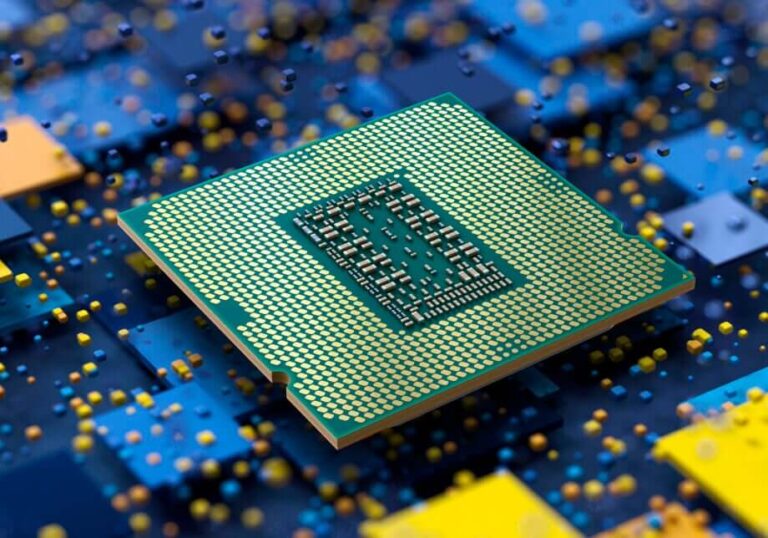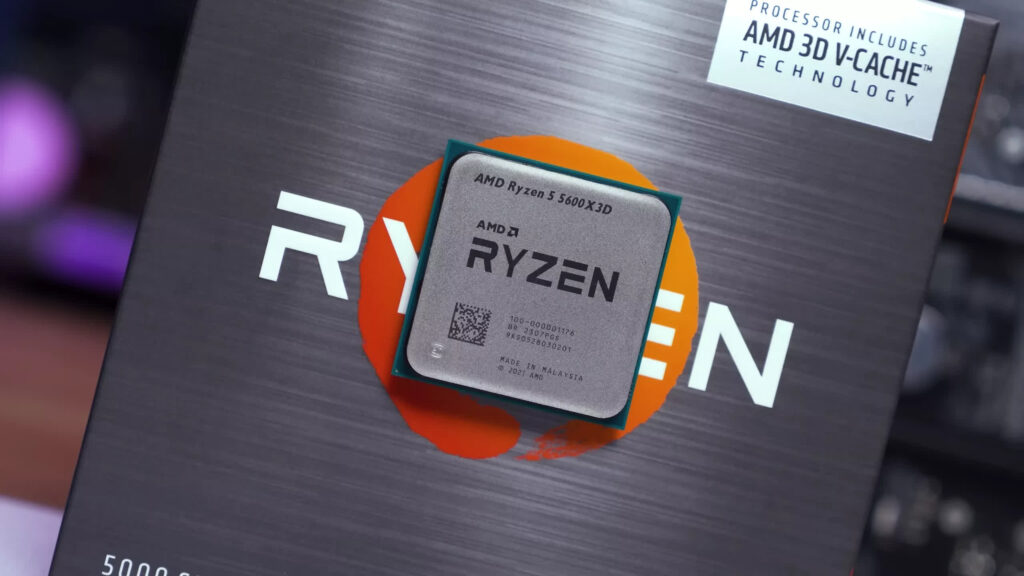AM4 or AM5 Should You Switch ?
A big dilemma is going to solve.

We are pretty familiar with the substantial increase in the user base of AMD processors. Many of us are fans of AMD. Over the last couple of years, AMD hasn’t let us down, providing better processors at a greater price point than its market rival, Intel. AMD has come a long way since its inception. Currently, there are two types of AMD processors available in the market: AM4 and AM5 architecture processors. Different circuit architectures support different generations of AMD processors. AM5 architecture (LGA 1718) supports Zen 4 and Zen 5 processors, while AM4 supports several previous generations such as Zen, Zen+, Zen 2, and Zen 3. So, there’s backward compatibility for AM4 sockets, but there is no backward compatibility for AM5 processors. However, as AMD has claimed to support AM5 architecture until 2027. So, there is a huge upgradability advantage with AM5 processors, but should you switch from AM4 to AM5?
If you want to switch from AM4 to AM5 processors, you might also need to get a high-end motherboard and DDR5 RAM because the AM5 architecture motherboards do not support DDR4. DDR5 RAM has its plus point too—its base speed starts from 4800MHz, so speed is going to ramp up to a better level. If you want to upgrade from AM4 to AM5, a full system upgrade, including motherboard, RAM, and processor, is required. With AM5 architecture, DDR5 RAM has its advantages; its base speed starts from 4800MHz, so speed will ramp up to a better level. Along with that, you will have upgradability for the next three years, until 2027. This is a huge plus and a wise choice if you are building a brand-new PC. But if you have an old AM4 system, upgrading to a higher-end AM4 processor will be an acceptable decision as it will save you money.
If you are building a new PC, I would definitely suggest going with the AM5 system, as there’s a budget option available for those who want a better system but don’t want to spend a fortune. People were expecting greater results from the AM5 architecture’s Zen 5 processors, but it seems they do not provide enough value for the money spent, especially when talking about the 9000 series.
However, the previous generation Zen 4 processor lineup, like the 7000 series, is still good. The 7000 series performs similarly to the 9000 series in many cases. So far, the demand for the 7000 series Zen 4 processors is still on the rise, but the Zen 5 processors are not living up to the claimed performance—neither in PCs nor in the market. But there’s a catch: whether the performance of the Zen 5 processors will remain the same or spike as claimed in the upcoming X3D processors, which are their flagship line and are still considered the best in every lineup, is yet to be determined.

If you are an AM4 system user and want an upgrade because your current processor does not provide the required performance, and you don’t want to spend a fortune or go through a full system upgrade (like upgrading the motherboard, RAM, and processor), then I think some of the best processors in the AM4 architecture may still serve you well for at least the next four to five years. For instance, the 5800X3D processor, which provides the same efficiency as some Zen 4 processors of the AM5 architecture (e.g., the 7600X), will serve you longer than an entry-level AM5 processor, especially with a good video card. Additionally, you can have cheaper DDR4 RAM upgrade options as well.
To sum up the whole discussion, we can say that AM4 processors are still a value-for-money system. Some enthusiasts still recommend going for the cheaper AM4 system and not spending extra money for just a few more FPS. However, some famous tech review channels are also suggesting that the AM4 system is becoming obsolete and that it is unwise for users to build a system with AM4 in 2024. That’s only true if you have no budget constraints and you’re a professional designer or gamer. Otherwise, a good AM4 system will still serve you well for the next 3–4 years.